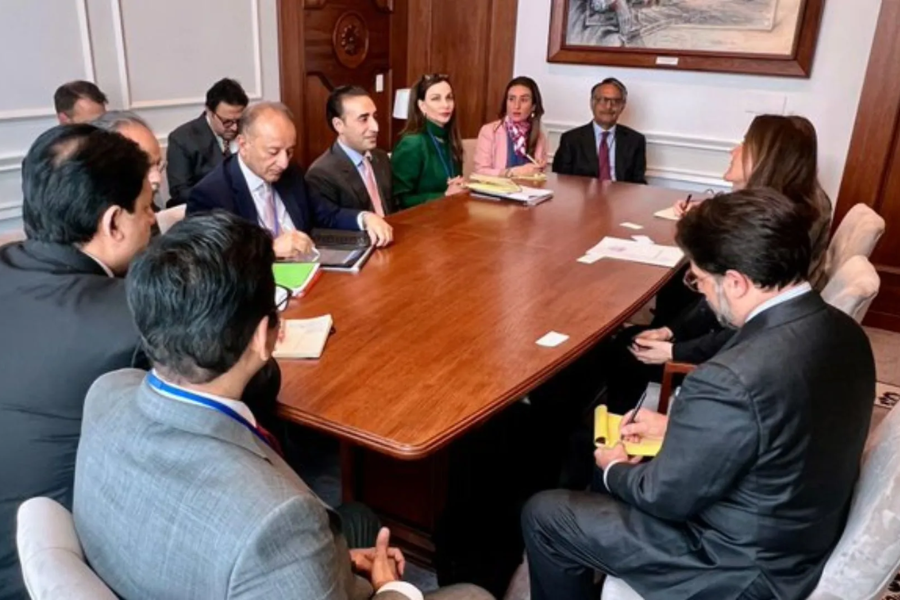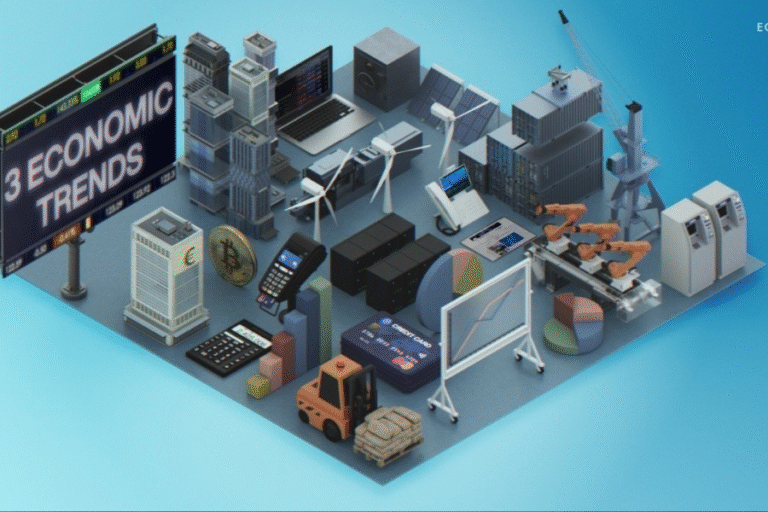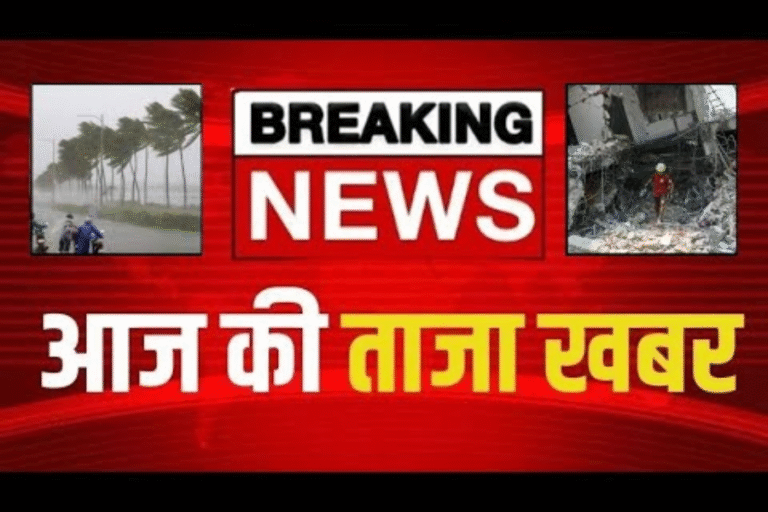InvestorWeeklyNews Exclusive: Real Stories Behind the Latest Political Shake-Ups
In recent months, the world has witnessed a dramatic shift in political landscapes across continents. From sudden resignations to internal party conflicts and unexpected election outcomes, political shake-ups have become the norm rather than the exception. But what lies beneath the headlines? What are the real forces driving these changes? InvestorWeeklyNews investigates the untold stories and deeper currents behind today’s most impactful political shifts.
A Global Political Reset?
From Europe to Asia, Africa to the Americas, 2025 has quickly become a year marked by uncertainty and disruption in political leadership. It is not just a matter of changing parties or new names taking office. Entire systems of governance are being questioned, long-standing political alliances are being re-evaluated, and voters are pushing back against establishment narratives.
Underlying this global reset are widespread public frustrations—economic inequality, social injustice, rising authoritarianism, and a growing mistrust of political institutions. The real stories behind these political shake-ups are not always visible on the surface but are rooted in years of political neglect, policy failures, and broken promises.
United States: Division Driving Momentum
In the United States, the build-up to the 2025 election cycle has already created waves. What started as inner-party disagreements soon became full-blown public spectacles. Key figures in both major political parties have either stepped down or broken away to form independent coalitions, signaling deep internal fractures.
Behind the scenes, staffers and strategists speak of ideological wars within the parties—between moderates and hardliners, between tradition and disruption. This division has created a vacuum that fringe candidates are eager to fill. Many of them are leveraging social media platforms to bypass traditional gatekeepers and speak directly to voters hungry for change.
The political shake-up in America is not just about electoral wins or losses. It’s about a redefinition of what political leadership means in a polarized and digital-first society.
Latin America: Corruption Crackdowns and Grassroots Revolt
In Latin America, political instability has taken a different shape. Several long-serving leaders have been forced out, not by elections, but by massive public protests and judicial investigations. The root cause? Corruption, lack of transparency, and years of public funds being misused for personal and political gain.
One of the most striking examples occurred in a major South American country where a sitting president was indicted on charges related to embezzlement and bribery. The fallout has been dramatic—cabinet dissolutions, party fragmentation, and a growing wave of citizen-led watchdog movements.
Political shake-ups here are being driven by citizens more than institutions. In many countries, it is the voices of teachers, workers, students, and civil society leaders that are setting the political agenda. These movements are demanding accountability, fairness, and a complete overhaul of how public office is perceived and practiced.
Europe: Populism Rises, Unity Tested
Europe is undergoing a seismic political shift. Several traditional centrist parties have lost their dominance to far-right and far-left populist movements. While many dismiss this as a temporary backlash, a deeper look reveals long-standing dissatisfaction with how the European Union and national governments have handled immigration, economic disparity, and energy crises.
In France, Italy, and the Netherlands, populist leaders are using anti-elitist rhetoric to challenge the establishment. Their messaging is simple but powerful: the people have been forgotten, and it’s time to reclaim control. This resonates with voters who feel left behind by globalization and modernization.
Behind closed doors, diplomats and bureaucrats express concern. The unity of the European project is at risk. Brexit was a warning; these new movements could tear at the fabric even more. These political shifts are not just national—they threaten regional cooperation, economic partnerships, and peacekeeping strategies.
Africa: New Voices, Old Struggles
Several African nations are experiencing a wave of political change fueled by young voters and grassroots leaders. With a median age under 20 in many African countries, traditional political elites are finding themselves out of touch with the electorate.
In Nigeria, Kenya, and Ghana, youth-led political parties are emerging, campaigning not only on social media but also through local community action. These movements are demanding reforms in education, healthcare, job creation, and digital infrastructure.
But the shake-ups are not without resistance. In some nations, military involvement in politics remains a reality. Coups and unconstitutional power grabs are still threatening democratic progress. The tension between innovation and old power structures is playing out in real-time across the continent.
Yet, the momentum appears to favor a new generation of leaders who are tech-savvy, socially aware, and unwilling to compromise with corruption or inefficiency.
Asia: Strongmen Questioned
The political shake-ups across Asia are complex and diverse. In some countries, long-standing strongmen are being challenged by growing opposition coalitions. These challenges come not from political rivals alone but also from the courts, media, and civil society organizations.
One notable example is in a Southeast Asian nation where a popular military-backed ruler is now facing public unrest and internal defections. Sources inside the government have revealed that economic stagnation and pandemic mismanagement have weakened support even within his own party.
In other parts of Asia, monarchies and authoritarian systems are witnessing more subtle shifts—legal reforms, loosening of censorship, and increased citizen engagement through digital platforms. Political change here may be slow, but the direction is undeniable.
Technology’s Role in Disrupting Politics
Technology is not just observing these political shake-ups—it is accelerating them. Political campaigns are no longer reliant on door-to-door efforts or television ads. Algorithms, AI tools, and targeted digital messaging have replaced many traditional campaign strategies.
Political outsiders are using tech platforms to gain visibility and influence. But there’s a dark side too. Disinformation, deepfakes, and manipulated content are creating confusion, fueling division, and sometimes pushing voters toward extreme positions.
The real story behind many of the political shifts today lies in how technology is used to shape narratives, organize movements, and influence public perception. Governments that cannot adapt to these new realities are finding themselves outmaneuvered by tech-savvy disruptors.
Investor and Market Implications
Political shake-ups are not just stories for newsrooms—they carry real consequences for markets, investors, and business ecosystems. When a country’s leadership changes abruptly or unpredictably, it introduces policy uncertainty. That affects currency values, stock markets, and trade relations.
For instance, when a South Asian country recently replaced its finance minister after weeks of protests, foreign investment dipped dramatically within 48 hours. Similarly, political unrest in Eastern Europe has led to energy price surges across global markets.
Investors are now watching not just polls but also street protests, legal cases, and grassroots trends. Political stability is being measured in terms of how inclusive, accountable, and tech-aware leadership can be.
Final Word
Today’s political shake-ups are not isolated events. They are expressions of a global transformation. Voters around the world are demanding more honesty, more representation, and more action. Established systems are being challenged, and new forms of leadership are emerging from unexpected places.
At InvestorWeeklyNews, we are committed to going beyond the headlines. We bring you real stories—told with context, depth, and clarity—so you understand not just what is happening, but why it matters.
In this time of upheaval, one thing is clear: politics will never be the same again. And the more we understand the roots of this change, the better prepared we are for the future ahead.






